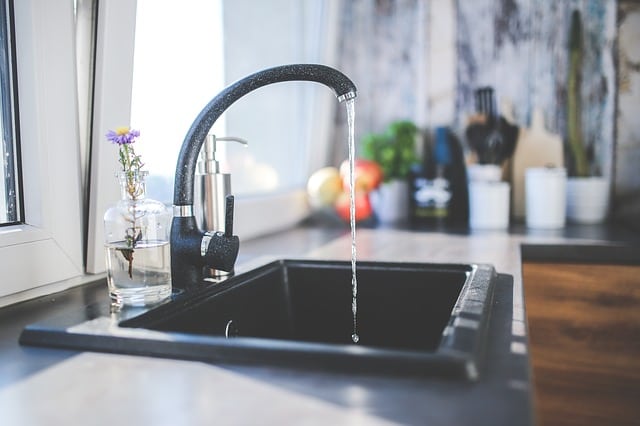Five Ways to Reduce Your Water Bill

Stressing over your mounting water bills? You’re not alone. With most people forced to stay home, the world witnessed a significant surge in domestic water consumption. Worse, this coincided at a time when many are struggling with reduced incomes. Predictably, this led to amplified financial stress to many homeowners.
If you’re one among them, now’s the time to change your regular water habits. Before you fall behind with paying your bills, here are some hacks to help you save on your water costs. Sure, there are obvious ways you can think of, such as having shorter showers and laundry time. But here are other sneaky ways that promise the same results. Check them out below!
Table of Contents
Maximize Your Use of Graywater
If you’re not familiar with the term, graywater refers to wastewater sourced from sinks, showers, and tubs. This is different from the kind of wastewater derived from toilets, which is called blackwater. While both do contain dirt, the former is cleaner and can be recycled for gardening use.
To collect graywater, you can either do it manually or through piping solutions. The former simply involves putting a bucket in your sink while washing your hands or vegetables or simply dumping the water you used for washing dishes into a pile. The latter requires the help of professional plumbers. They can set up a laundry-to-landscape irrigation system that’ll help divert the wastewater from your washing machine towards your yard.
Insulate Your Pipes
Contrary to popular views, pipe insulation is vital no matter the season. Sure, while it is most important during the winter, it’s still necessary during hot days as well. This is especially true if you’re aiming to reduce your utility bills.
Generally, while moisture is often tied with cold weather conditions, your pipes aren’t immune to the extreme summer weather, too. In fact, heat and harmful UV rays can also cause pipes to leak and burst. Adding a layer of insulation to them can shield them from UV rays and prevent condensation.
Moreover, insulated pipes also promise minimized heat loss. Consequently, this means less time in the shower waiting for the water to heat up. Just imagine how many gallons of water you can save per day because of that.
Prefer Soft Water

If you think a water softener only promises softer skin and cleaner hair, you couldn’t be more wrong. In fact, there are other good things you could expect from it. The most promising is its cost-saving potential.
Basically, since a water-softening system works by removing minerals that make the water hard, this also protects your pipes from possible damages caused by scale buildup. This helps you save costs on possible pipe replacements and plumbing service fees.
Moreover, the device is also sure to help you cut costs on soaps and detergents. This is because soft water fuses with soap and detergents better. As a result, they help make it easier for soaps and detergents to do their job. Consequently, since it helps make your dishwashing and laundry work easier, this also means less need for water use on your part.
Get a Low-Flow Showerhead
Fond of taking long showers? This might be one of the culprits to your soaring water bills. In fact, regular showerheads are said to produce an average of 2.5 gallons of water per minute. Just imagine how many gallons you’ll waste if you stay in the shower for over 10 minutes.
Of course, your initial option should be to reduce your time in the bath. But aside from that, you might as well get a low-flow showerhead, too. As the name implies, this refers to a showerhead specifically designed to reduce your water consumption. On average, this innovation helps decrease your water use by up to 40 percent.
Conduct Regular Pipe Checkups
Regular pipe checkups are your shield from an unexplained increase in your water bills. Since pipes are often behind walls, it’s hard to detect possible leaks and clogs. A regular inspection will help you detect plumbing issues before they turn into costly catastrophes.
There are also tell-tale signs to keep an eye on. An odd, musty smell, for example, can indicate a hidden water leak. The same is assumed if you spot some discolorations or stains on your walls and floors. Mold and mildew growth is also an indication of a possible plumbing problem.
Ditch the worries of debts and missed payments! Don’t let your water consumption add to your financial burdens. Take note of these smart water-saving methods for a more manageable water bill.
